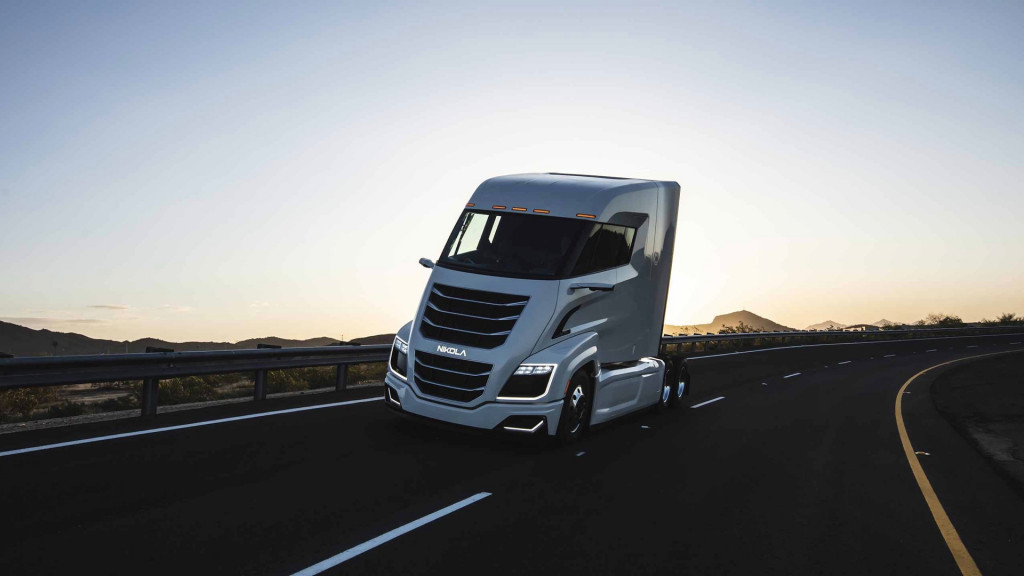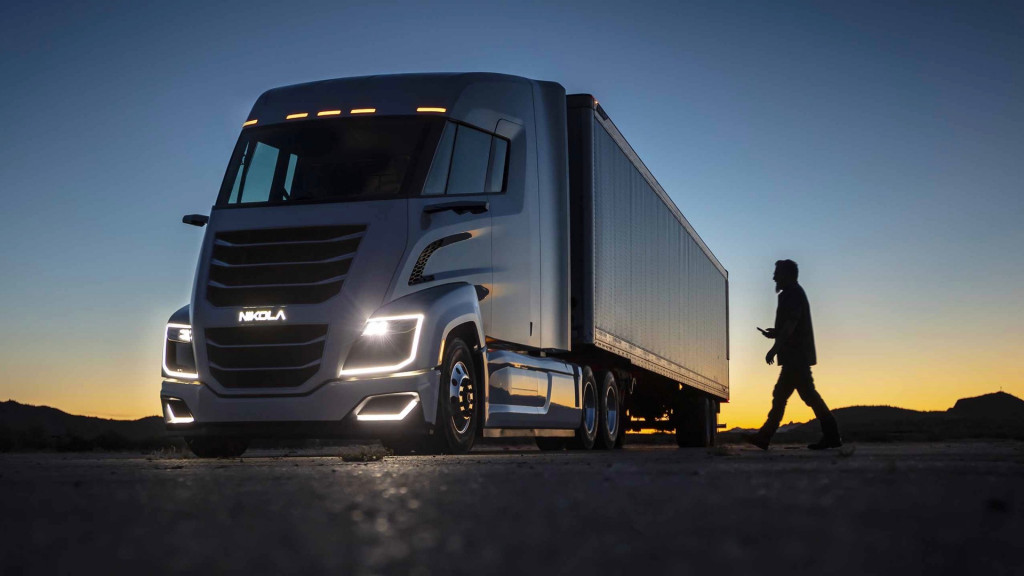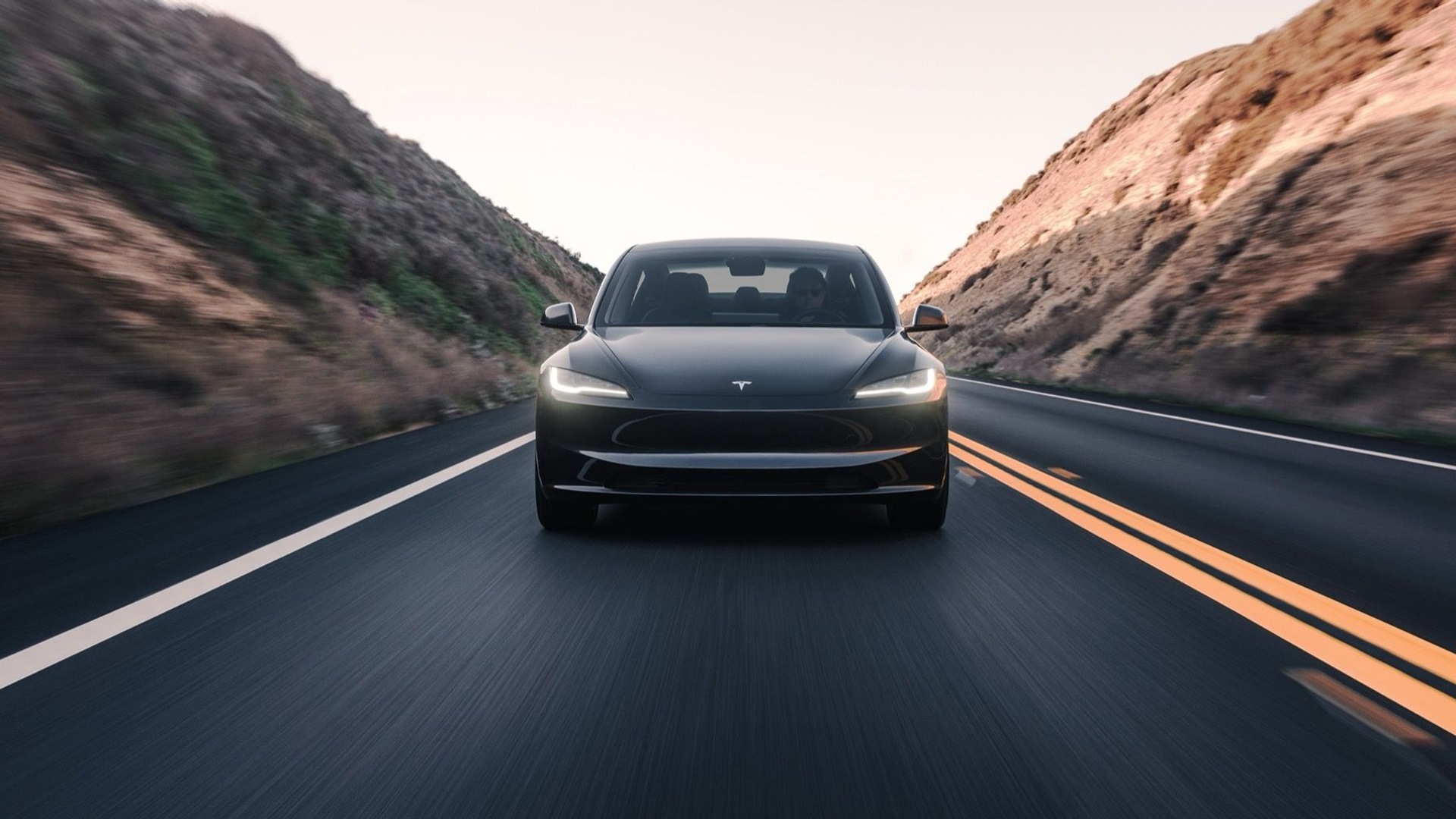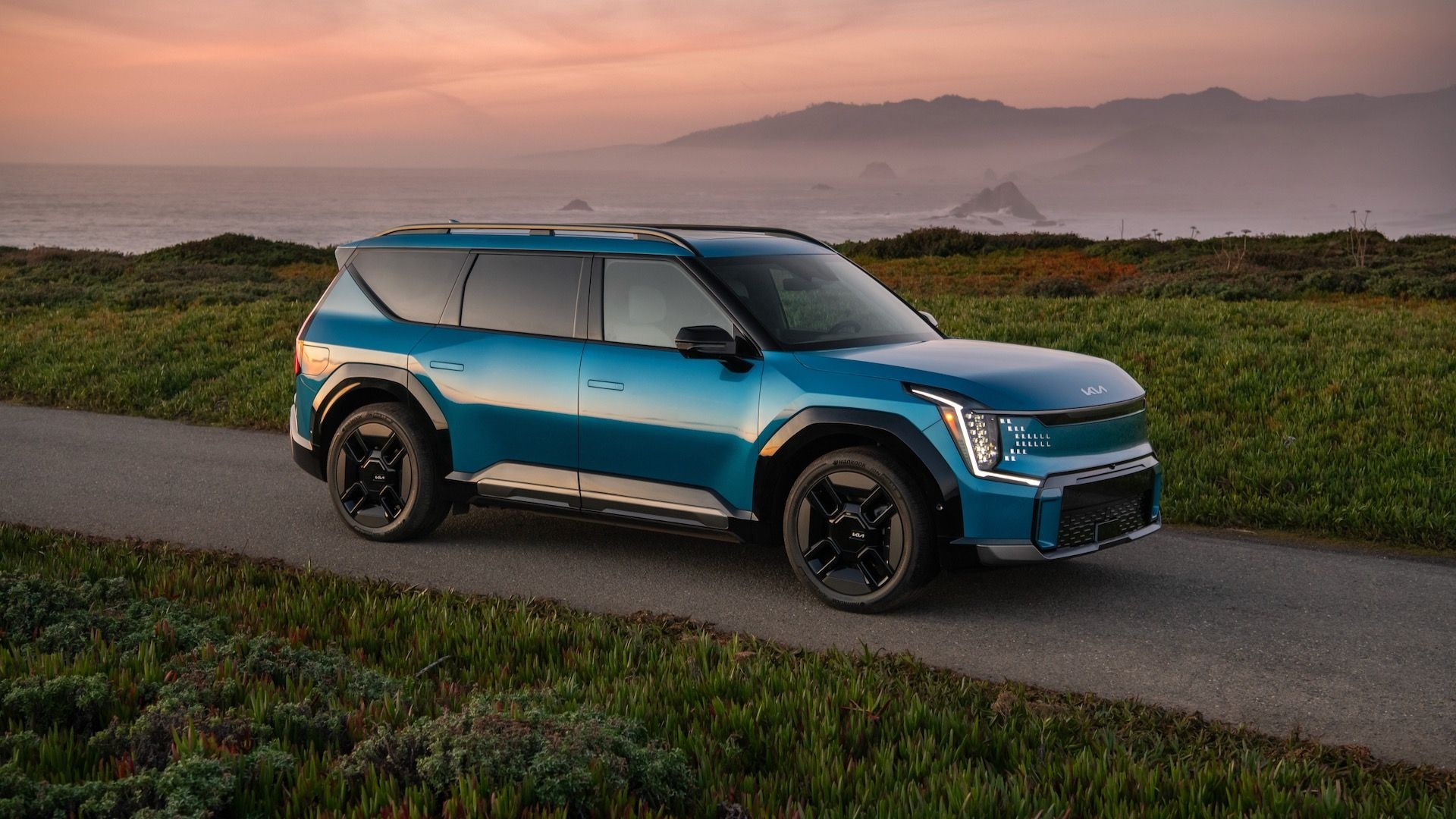After a deal with General Motors seemingly unraveled, Nikola has appears to have found a new partner for hydrogen fuel-cell hardware on trucks due for U.S. assembly—automotive supplier Bosch.
Under an agreement announced Thursday, Nikola said it will use Bosch fuel-cell components in its hydrogen semi trucks beginning in 2023.
The modules will be assembled by Nikola at the company's planned Coolidge, Arizona, factory, but with components supplied by Bosch. That will include the fuel-cell stack, air compressor (with associated power electronics), and control unit (with associated sensors), according to a Nikola press release.

Nikola Two
The first application for these fuel-cell modules will be the Nikola Tre regional-haul Class 8 semi truck, which Nikola said is targeting 500 miles of range. The Tre will be built in the same Arizona factory, and in Ulm, Germany, in a joint venture with truck maker Iveco. Nikola said it's currently testing "alpha" prototypes with the Bosch-derived fuel-cell hardware, with further testing and customer pilots planned.
Nikola plans to manufacture multiple versions of the fuel-cell module, with power outputs of 200-kilowatts and 300-kw. The only other application the company mentioned is the long-haul Nikola Two semi truck, which will have a claimed 900-mile range.
The previous deal with GM had potentially also included the Badger, a fuel-cell and battery-electric truck to be built by GM—with contributions from Nikola unclear. After a scandal broke over a series of alleged misstatements by founder Trevor Milton, later charged with securities fraud by the U.S. government, that was quietly removed from a memorandum of understanding (MOU) signed by the two companies outlining a more limited partnership.

Nikola Two
That partnership still called for GM to supply fuel-cell tech to Nikola in some capacity, but this latest agreement with Bosch makes it unclear whether Nikola will actually ever source fuel-cell components from the Detroit automaker.
It's also unclear what Nikola's contribution is. The company is pitched as a leader in fuel-cell tech, but so far it appears to be sourcing all of the fuel-cell components for its vehicles from other companies. A proposed hydrogen network was supposed to be critical to Nikola's success, but it seems a long way off.












